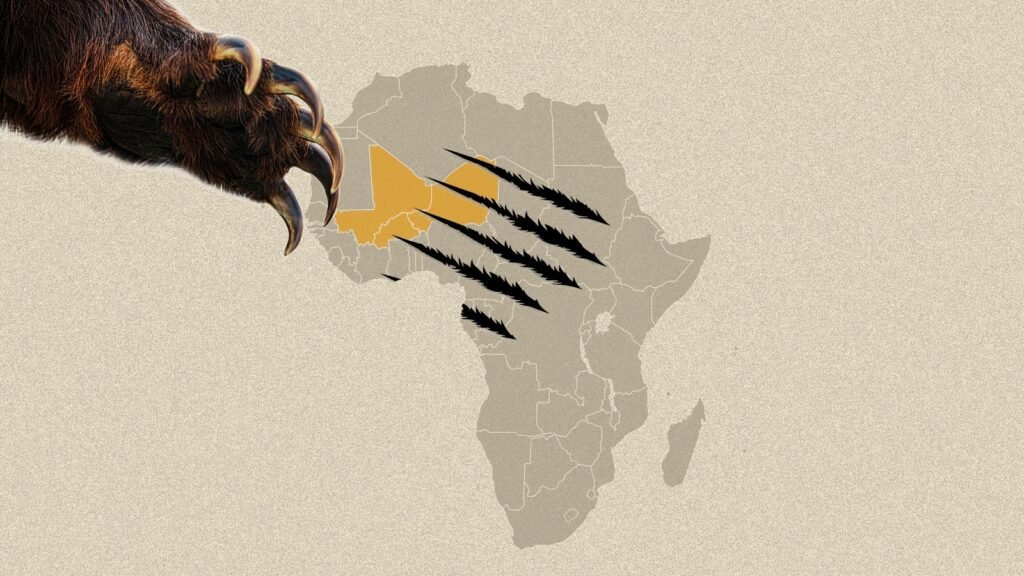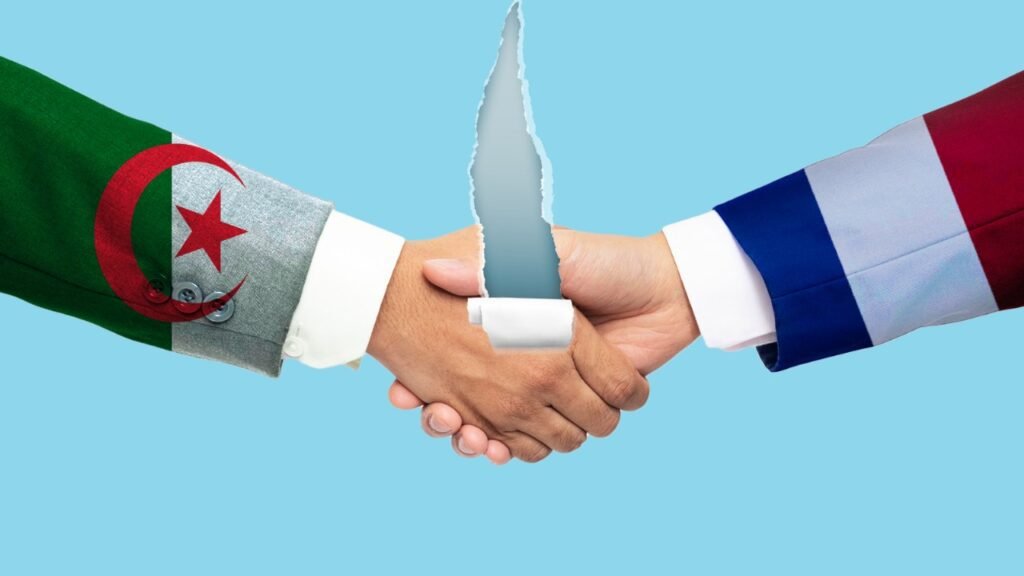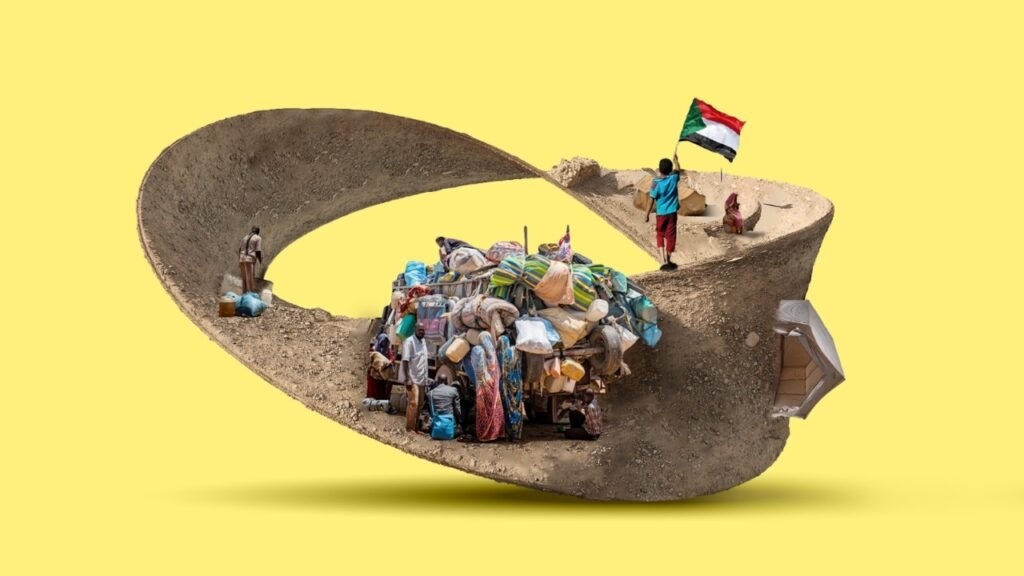In recent years, the African Sahel has become a focal point of international power struggles, with Russia emerging as a key player in a region historically dominated by Western powers, particularly France. This strategic shift reflects Moscow’s broader global ambitions, seeking to challenge Western influence while securing vital economic and geopolitical interests. The Sahel’s significance stems from its geographic position linking North and sub-Saharan Africa, its abundant natural resources, and its ongoing security crises, making it a crucial battleground for external actors.
Russia’s growing presence in the Sahel aligns with its global strategy to counter Western dominance. By deepening its footprint in the region, Moscow aims to enhance its geopolitical influence, gain access to lucrative resources like uranium and gold, and establish military partnerships with governments struggling against armed insurgencies. Additionally, the Kremlin seeks to mitigate the impact of Western sanctions imposed after its invasion of Ukraine by forging new economic alliances and trade routes. This strategic engagement allows Russia to expand its international reach while challenging Western attempts to isolate it.
To achieve its objectives, Russia employs a multifaceted approach combining military cooperation, economic diplomacy, and information warfare. The Wagner Group, a Russian private military company, has played a pivotal role in supporting governments in Mali and the Central African Republic, providing training, security assistance, and counterinsurgency support. Russia has also engaged in arms deals and military training programs, offering alternatives to traditional Western security partnerships. Meanwhile, economic investments in mining, energy, and agriculture strengthen its foothold in the region, ensuring long-term access to critical resources.
Russia’s influence extends beyond military and economic realms, as it actively engages in media and cultural diplomacy to reshape narratives. Russian state media, such as Russia Today, promotes anti-Western sentiments, positioning Moscow as a reliable ally against neocolonialism and foreign intervention. By leveraging historical grievances against former colonial powers, Russia fosters an image of itself as a supporter of African sovereignty and self-determination. This narrative has resonated with several Sahelian governments, especially those distancing themselves from France’s traditional influence.
Despite these gains, Russia faces substantial challenges in consolidating its position in the Sahel. Political instability and weak governance structures make long-term partnerships uncertain, as frequent coups and shifting alliances create an unpredictable environment. Additionally, economic constraints stemming from the war in Ukraine have raised questions about Moscow’s ability to sustain financial commitments and military operations in Africa. Russia also faces intense competition from other global powers, including China and Western nations, which continue to engage in development and security initiatives across the region.
Western powers, particularly the United States and France, have responded to Russia’s growing presence with diplomatic and legislative measures aimed at curbing its influence. In 2022, Washington passed the Russian Malign Activities in Africa Act to counteract Moscow’s engagement on the continent, while France has attempted to reassert its role through enhanced cooperation with Sahelian states. However, France’s declining influence, exacerbated by growing anti-French sentiments and recent military withdrawals, has provided Moscow with an opportunity to expand its presence.
The future trajectory of Russian influence in the Sahel remains uncertain, with multiple possible scenarios unfolding. One possibility is the continued expansion of Russian engagement through deeper military and economic ties, solidifying its role as a key partner for regional governments. Alternatively, mounting economic pressures and political instability could limit Russia’s ability to sustain its commitments, leading to a gradual retreat. A third scenario envisions a more balanced multilateral framework, where Russia, China, and Western powers coexist as competing actors in the region, shaping its geopolitical landscape through dynamic partnerships.
To strengthen its position, Russia is likely to diversify its engagement beyond military and economic investments. Expanding cooperation in technology, infrastructure, and education could reinforce Moscow’s image as a long-term strategic partner. Additionally, partnerships with regional powers such as Algeria and Egypt could enhance Russia’s ability to navigate the complex political and security dynamics of the Sahel. However, sustaining this influence will require adaptability, as African nations increasingly seek to establish balanced relations with multiple global powers rather than aligning exclusively with one actor. In the evolving geopolitical competition for influence in the Sahel, Russia’s success will depend on its ability to maintain strategic alliances while addressing the economic and political challenges that threaten its long-term presence. As global powers continue to vie for dominance in the region, the Sahel is set to remain a key battleground where Moscow’s ambitions intersect with the strategic interests of its global rivals.




